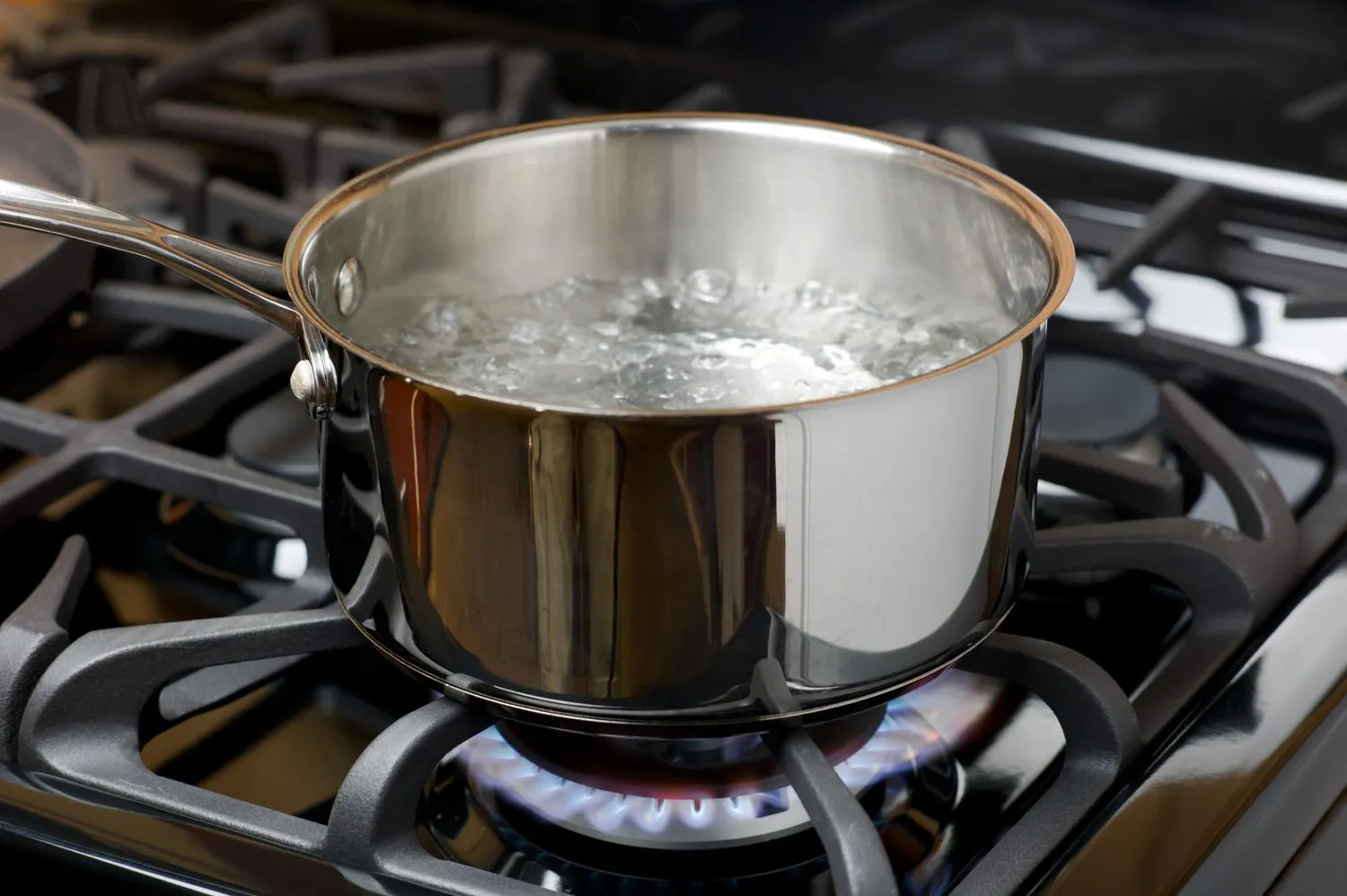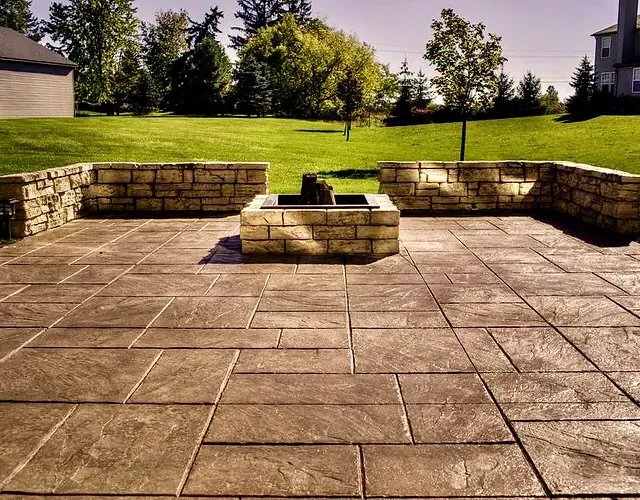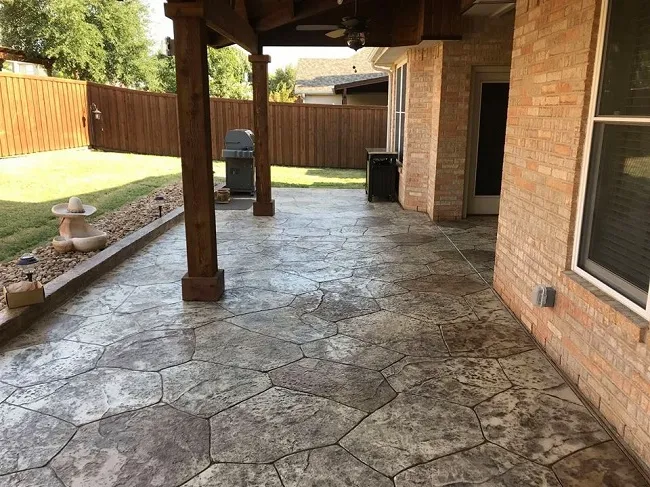Available Now
How to Clean Your Concrete Driveway Without Killing Grass
How to Clean Your Concrete Driveway Without Killing Grass

To clean your concrete driveway without harming your grass, follow these steps: First, use eco-friendly cleaners like vinegar and baking soda. When pressure washing, be cautious, and keep a safe distance to protect your grass. Before cleaning, make sure to water your grass and use protective measures to prevent any cleaning runoff. Consider trying unconventional methods like using boiling water or lemon juice. You can also rely on everyday household items like vinegar and baking soda. Eco-friendly solvents are another option for safe cleaning. If needed, professionals can assist with power washing. Lastly, listen to real user experiences to find the best method for your driveway and grass.
● Choose Grass-Friendly Cleaners: Opt for eco-friendly solutions like vinegar and baking soda or homemade mixtures to protect your grass.
● Pressure Washing Caution: If using a pressure washer, use a wide-angle nozzle, maintain distance, and water your grass beforehand to prevent damage.
● Preventative Measures: Saturate your grass and use protective measures like plastic sheeting to shield it from runoff.
● Household Items Work: Everyday items like vinegar, baking soda, and mild dish soap are effective and safe for grass-friendly cleaning.
● Real User Experiences: Real testimonials highlight the success and efficiency of grass-friendly cleaning methods.
Introduction
Maintaining the beauty of your home's exterior involves not only a clean concrete driveway but also a healthy, vibrant lawn. However, the task of cleaning your driveway can often pose challenges when you want to avoid harming your precious grass. In this comprehensive guide, we'll explore various grass-friendly methods to clean your concrete driveway effectively, ensuring that your grass remains lush and green. For those looking to delve deeper into the world of concrete driveways,
JM Ballarat Concreters offers a wealth of information.
Common Challenges
Cleaning a concrete driveway without harming nearby grass can be tricky. The common challenges include:
● Chemical Damage: Many commercial cleaning agents contain harsh chemicals that can seep into the ground and damage your grass.
● High-Pressure Risks: While pressure washers can be effective, improper use can lead to grass damage.
● Residue Runoff: Cleaning residues flowing onto your lawn can be detrimental to its health. For those who face challenges with stains, cleaning and stain removal can be a lifesaver.
Environmentally Friendly Methods
Fortunately, there are eco-friendly and grass-safe ways to tackle this task. Let's dive into these methods, starting with an understanding of the risks involved.
Understanding the Risks

Before we explore grass-friendly cleaning methods, it's crucial to understand why some traditional approaches can be harmful to your lawn.
Harsh Chemicals
Many conventional concrete cleaners contain chemicals like bleach and acids. When these chemicals make their way onto your grass, they can disrupt the soil's pH balance, leading to browning and even death of the grass. If rust is a concern, here's a guide on how to clean rust off a concrete driveway.
High-Pressure Washing
While pressure washing can effectively remove stains, it can also damage your grass if not done correctly. The forceful stream can uproot grass or compact the soil, preventing water and nutrients from reaching the roots.
Grass-Friendly Cleaning Methods
Now, let's delve into the grass-friendly methods that will leave your concrete driveway sparkling while preserving the health of your lawn.
Vinegar and Water Solution
A simple yet effective solution involves using a 1:1 mixture of vinegar and water. This eco-friendly option is safe for grass. For those who prefer a more potent solution, here's a guide on how to clean a concrete driveway with bleach.
Application Process:
Prepare the Solution: Mix equal parts of white vinegar and water in a spray bottle or a garden sprayer.
Pre-soak the Driveway: Begin by thoroughly wetting the driveway with plain water to protect the grass further.
Apply the Vinegar Solution: Spray the vinegar and water mixture generously over the stained areas of your driveway. Let it sit for 10-15 minutes to break down stains.
Scrub Gently: Using a stiff brush, scrub the stained areas. Be cautious not to scrape too aggressively to avoid disturbing the grass.
Rinse Thoroughly: Rinse the driveway with a garden hose, directing the water away from the grass to prevent any residue runoff.
Baking Soda, Dishwashing Liquid, and Hydrogen Peroxide
For tougher stains, you can create a homemade concrete cleaner using natural ingredients.
Recipe:
● ½ cup of baking soda
● ¼ cup of mild dishwashing liquid
● 1 cup of hydrogen peroxide
Application Process:
Mix the Ingredients: Combine the baking soda, dishwashing liquid, and hydrogen peroxide in a bucket. Stir until it forms a paste.
Pre-soak the Driveway: As with the vinegar solution, start by thoroughly wetting the driveway.
Apply the Paste: Spread the paste evenly over the stained areas of your driveway.
Let It Sit: Allow the mixture to sit for about 30 minutes to break down stains.
Scrub and Rinse: Scrub the stains gently with a stiff brush, and then rinse the driveway thoroughly, again directing the water away from your grass.
Grass-Friendly Alternatives

Apart from vinegar and baking soda solutions, several other unconventional yet effective methods can help you clean your concrete driveway without harming your grass.
● Boiling Water: Did you know that boiling water can effectively remove weeds from cracks in your concrete driveway without harming nearby grass? Pouring boiling water over the weeds can cause them to wither and die, making it an eco-friendly weed control method.
● Citrus Power: Lemon juice, with its natural acidity, can be used as a grass-friendly concrete cleaner. Mix lemon juice with water to create a cleaning solution that's gentle on your lawn while effectively removing stains and dirt from your driveway.
● The Power of Steam: Steam cleaning isn't just for carpets; it can also be used to clean concrete without harming grass. A steam cleaner with adjustable pressure settings can safely remove grime, moss, and stains while keeping your lawn intact.
● Natural Absorbents: Surprisingly, cat litter and sawdust can be handy tools for driveway cleaning. Sprinkle cat litter or sawdust on oil stains, and they'll absorb the oil, making it easier to clean the concrete later without damaging the grass.
● Onion's Cleaning Secret: Onions may make you cry, but they can also help clean your driveway without harming grass. Rubbing a cut onion on concrete stains can help break them down, and its natural properties won't negatively impact your lawn.
| Cleaning Methods Comparison | |
|---|---|
| Cleaning Method | Grass-Friendly? |
| Vinegar and Water | Yes |
| Baking Soda, Dishwashing Liquid, Hydrogen Peroxide | Yes |
| Pressure Washing | Caution Required |
| Boiling Water | Yes |
| Lemon Juice | Yes |
| Steam Cleaning | Yes |
| Cat Litter/Sawdust Absorbents | Yes |
| Onion Cleaning Method | Yes |
| Mild Dish Soap and Warm Water | Yes |
Preventative Measures
To avoid potential damage to your grass during driveway cleaning, consider taking these preventive measures:
● Saturate the Grass: Before cleaning, give your lawn a thorough watering. This helps dilute any cleaning agents that may accidentally reach the grass.
● Use Protective Measures: Lay down plastic sheeting or tarps along the edge of your lawn to shield it from any runoff during cleaning.
Household Products for Grass-Friendly Cleaning
It's reassuring to know that many everyday household items can be effective in cleaning concrete driveways without harming your grass. Here are a few household items that work exceptionally well:
● Vinegar: As previously mentioned, vinegar is a natural and safe cleaner for concrete.
● Baking Soda: Baking soda's mild abrasive properties help remove stains without harming the grass.
● Mild Dish Soap:
- A gentle dish soap mixed with water is effective for regular driveway maintenance. If you're looking for more comprehensive solutions, consider exploring the services offered by JM Ballarat Concreters.
| Eco-Friendly Products |
|---|
| Vinegar |
| Baking Soda |
| Lemon Juice |
| Eco-Friendly Solvents |
Eco-Friendly Chemicals for Pressure Washing
Consider using eco-friendly solvents like those offered by Vertec BioSolvents. These bio-based solvents are derived from renewable resources and are designed to replace petroleum-based products. Their solvents are non-toxic, non-hazardous, and biodegradable, making them safer for the environment and the user. These solvents are effective in removing grease, oil, and other contaminants from various surfaces, including concrete. Using eco-friendly solvents can help in cleaning concrete driveways without causing harm to the surrounding grass or environment.
Professional Power Washing

If you prefer professional assistance, companies like A-1 Concrete Leveling offer concrete cleaning and power washing services. Power washing or pressure washing is essential for maintaining the appearance and longevity of concrete surfaces. Pressure washers penetrate deep into the porous concrete to remove dirt, oil stains, and other debris. Cleaning concrete can enhance its curb appeal, longevity, and prepare it for sealing. It's crucial to use appropriate equipment, like a gas or electric power washer rated at least 3,000 PSI. Before power washing, it's essential to prepare the area by moving furniture and covering plants. Stains should be pretreated using cleaning agents like degreasers, bleach, or detergents. A-1 Concrete Leveling uses 4,000+ PSI power washers with rotating attachments for effective cleaning. They emphasize the importance of sealing the concrete after cleaning to preserve its condition.
Real User Experiences
Don't just take my word for it; let's hear from real individuals who have successfully cleaned their driveways without harming their grass.
Testimonial 1:
"I was hesitant to clean my driveway because I didn't want to damage my beautiful grass. After trying the vinegar and water method, I was amazed! My driveway looked brand new, and my grass remained untouched."
Testimonial 2:
"I had stubborn oil stains on my driveway. The baking soda, dish soap, and hydrogen peroxide mixture did wonders. Plus, my grass is still as green as ever!"
These testimonials demonstrate the practicality and efficiency of grass-friendly cleaning methods.
Additional Resources and References
In our quest to keep your concrete driveway clean while nurturing your precious grass, we've consulted a range of trusted sources and real user experiences. Explore these valuable references to ensure success in your driveway cleaning endeavors.
https://www.vertecbiosolvents.com/eco-friendly-chemicals-for-pressure-washing
Frequently Asked Questions (FAQs)
What concrete cleaner is safe for grass?
Safe concrete cleaners for grass include vinegar and baking soda solutions, as well as mild dish soap and water.
How do you pressure wash a driveway without killing the grass?
To pressure wash without harming the grass, use a wide-angle nozzle, maintain distance, and keep the pressure washer moving. Also, water the grass beforehand to dilute any runoff.
What is the best thing to clean a concrete driveway with?
The best things to clean a concrete driveway with are eco-friendly solutions like vinegar and water or a homemade mixture of baking soda, dish soap, and hydrogen peroxide.
What household cleaner won't kill grass?
Household cleaners that won't harm grass include vinegar, baking soda, and mild dish soap when used in the recommended solutions and dilutions.
Will vinegar kill grass?
Vinegar used in a diluted mixture is safe for grass and can even act as a natural herbicide for weeds.
In conclusion, maintaining both a clean concrete driveway and healthy grass is achievable with the right methods and precautions. By choosing environmentally friendly cleaning solutions and following the tips outlined in this guide, you can enjoy a pristine driveway while ensuring your lawn remains lush and vibrant. Say goodbye to the dilemma of driveway cleaning, and embrace a beautiful home exterior that both you and your grass will appreciate.
GET IN TOUCH
Need more information? Speak to one of our experts and get personalised advice on your project to bring your vision to life. Contact us today to schedule your consultation or request a free consultation.
Contact Us
Thank you for submitting a quote request. We'll get back to you shortly!
Oops, there was an error in sending your message.
Please try again later.
YOU MIGHT ALSO LIKE...
YOU MIGHT ALSO LIKE...



Call Now For a Fast & Free Quote
We can be contacted 24/7 via email or telephone
Location
City Council of Ballarat and Surrounding Areas
Call
Ballarat's Best Concreters since 2010.
This is a referral website, please visit our Privacy Policy for more information.
Navigation
Services
Working hours
- Mon - Sun
- -
Give us a call and if we cannot get to you straight away, one of our specialist will call you back shortly.
All Rights Reserved | JM Ballarat Concreters
New Paragraph


